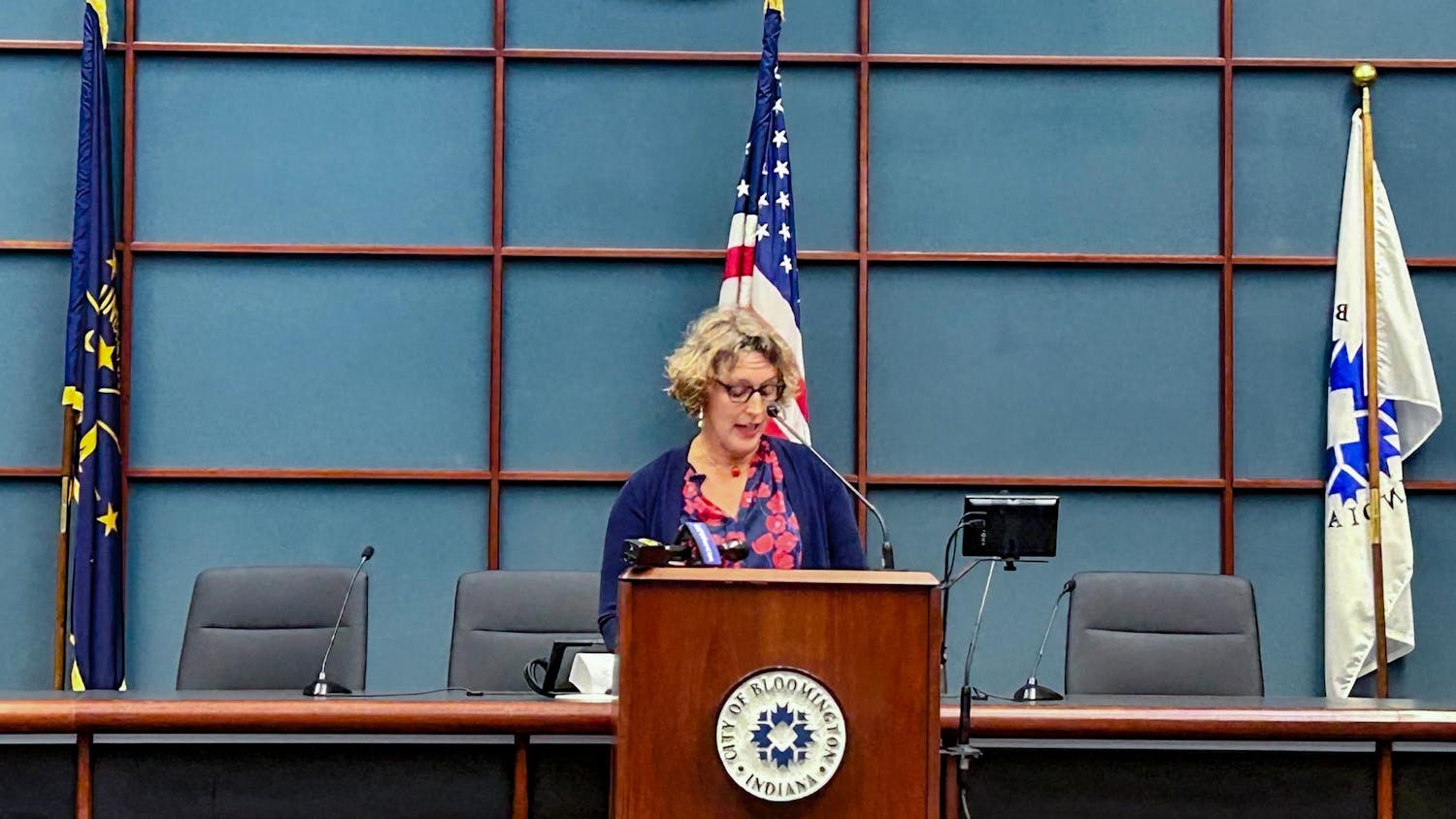BAGHDAD, Iraq -- U.S. military deaths in the Iraq campaign passed 1,000 Tuesday, an Associated Press tally showed, as a spike in fighting with both Sunni and Shiite insurgents killed seven Americans in scattered clashes in the Baghdad area.\nThe count includes 998 U.S. troops and three civilian contractors killed while working for the Pentagon. The tally was compiled by the AP based on Pentagon records, AP reporting from Iraq and reports from soldiers' families.\nIt includes deaths from hostile and non-hostile causes since President Bush launched a campaign in March 2003 to topple the regime of Saddam Hussein. A few deaths occurred in neighboring Kuwait.\nThe grim milestone was surpassed after a spike in clashes that has killed 14 American service members in the past two days. Two soldiers died Tuesday in fighting with militiamen loyal to rebel Shiite cleric Muqtada al-Sadr. Five other Americans died Tuesday in separate attacks, mostly in the Baghdad area.\nDuring a news conference at the Pentagon, Defense Secretary Donald H. Rumsfeld anticipated the tally would soon surpass 1,000 and sought to play down the milestone. "When combined with U.S. losses in other theaters in the global war on terror, we have lost well more than a thousand already," he said.\nRumsfeld said the United States and its allies would not be swayed. Those who believe deaths would be a deterrent, he said, "underestimated our country, our coalition. They have failed to understand the character of our people. And they certainly misread our commander in chief."\nThe Bush administration has long linked the Iraq conflict to the war on terrorism. The Sept. 11 Commission concluded that Iraq and al Qaeda did not have a "collaborative relationship" before the 2001 attacks on New York and Washington, and some have questioned to what extent foreign terror groups are involved in the anti-U.S. insurgency in Iraq.\nThe past two days have been particularly bloody for U.S. forces in Iraq, with 14 killed, including seven Marines slain by a suicide bombing north of Fallujah. A group linked to Jordanian-born militant Abu Musab al-Zarqawi claimed responsibility for the attack in a Web statement Tuesday.\nU.S. warplanes launched air strikes and tanks shelled targets in Fallujah late Tuesday, after the military said insurgents attacked American positions outside the city. At least nine Iraqis were wounded in the air strikes, said Adel Khamees of Fallujah General Hospital.\nAmerican forces have not patrolled in Fallujah since ending a three-week siege of the city in April that had been aimed at rooting out militiamen. Sunni Muslim insurgents have only strengthened their hold on Fallujah since then.\nThe fighting in Sadr City was a resurgence of violence with followers of al-Sadr. U.S. tanks moved into Sadr City and armored personnel carriers and Bradley fighting vehicles were deployed at key intersections. Ambulances with sirens wailing rushed the wounded to hospitals as plumes of black smoke rose over the mainly Shiite neighborhood.\nWarplanes flew over the sprawling neighborhood of more than 2 million, firing flares to avoid being hit by anti-aircraft missiles.\nU.S. forces appeared to be carrying out most -- if not all -- of the fighting. No Iraqi security forces were seen during the clashes, though U.S. spokesmen talked of "multinational forces" involved in the operations, a term that sometimes includes Iraqi troops.\nA senior Health Ministry official, Saad al-Amili, said 35 people were killed and 203 injured in the Sadr City clashes. Two American soldiers were killed, the military said.\nThe battles erupted when militants attacked U.S. forces carrying out routine patrols, killing one American, said U.S. Army Capt. Brian O'Malley.\nAn al-Sadr spokesman in Baghdad, Sheik Raed al-Kadhimi, blamed what he called intrusive American incursions into Sadr City and attempts to arrest the cleric's followers.\n"Our fighters have no choice but to return fire and to face the U.S. forces and helicopters pounding our houses," al-Kadhimi said in a statement.\nIn the slum's roadways, small groups of Sadr's Mahdi militia fighters used hammers to dig up the asphalt to plant explosives. Bands of fighters in civilian clothes -- mostly in their teens and early 20s -- wielded rocket-propelled grenades and trotted toward the clashes, children running in their wake.\nThe renewed fighting came after a period of calm in the impoverished neighborhood after al-Sadr called on his followers last week to observe a cease-fire and announced he was going into politics.\nBut al-Sadr aides later said peace talks in Sadr City between the cleric's representatives and interim Prime Minister Ayad Allawi's government had stalled, with the government refusing militants' demands for U.S. troops to keep out of the troubled district.\nU.S. commanders have said they want to carry out an assault to clear al-Sadr's fighters from the district, particularly its northern part where the militiamen are said to have dug in, setting explosives and booby traps.\nAl-Sadr led a three-week uprising in the holy city of Najaf that ended 10 days ago with a peace deal that allowed his Mahdi militia fighters to walk away with their guns. The combat in Najaf left thousands dead and devastated much of the city.
U.S. military deaths in Iraq pass 1,000
Rumsfeld downplays significance of morbid milestone to press
Get stories like this in your inbox
Subscribe



